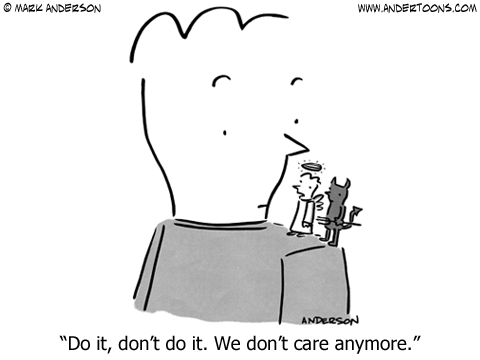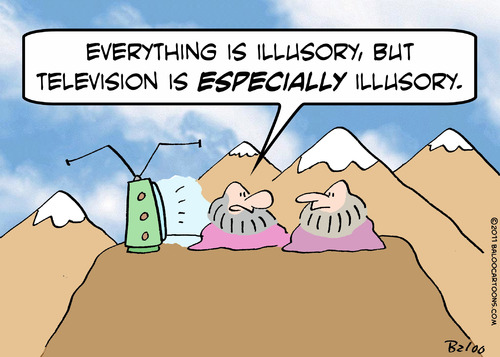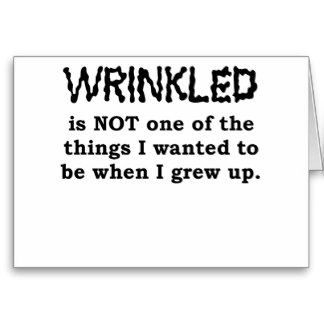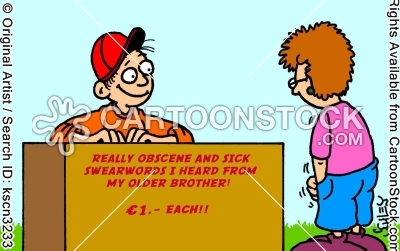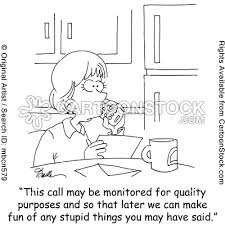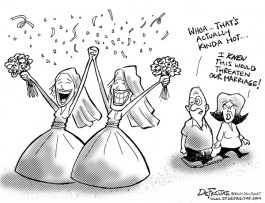Tags
contagion, coronavirus, epidemic, outbreak, Pandemic, pandemic meaning, pandemic vs epidemic, what’s a pandemic

Right, okay. All my life, I’ve read about how life was really unpredictable and how people would die of pox and this and that. And I thought we were a really advanced generation with a handle on things. Until China, of course, showed us just how quickly the world can be brought to its knees with one virus.
The word everyone seems to be talking about then – pandemic. What is a pandemic, though, and how is it different from an epidemic?
Now an epidemic is classified as a disease that is spread over a large geographical area and is an actively spreading problem. This may not necessarily mean that the disease has spread anymore than let’s say a contained or certain geographical area. For example, only a part of the state or city might be experiencing a disease, even though within that part of the state or city, the disease might have affected almost everyone. A classic example would be, let’s say, the bird flu,which may have infected a large section of the population in one country, or even a certain province in that country while others remained safe.
Here’s an example, although hypothetical: The cholera epidemic killed over a thousand people in the national capital region of India.
So, the epidemic happened, and spread to a thousand people but it was limited to only the national capital region, and the areas around did not get affected by it. You see what I meant about the contained geographical scope of an epidemic?
A pandemic, on the other hand, is a disease that is not contained. In this case, the disease spreads over a larger geographical span, and this is often a worldwide phenomenon. All the diseases we are now hearing about – the Spanish flu, the plague – all these spread significantly around the world, and these were all pandemics. Forget that, consider the most talked about disease of our times (and before our times) – AIDS. The sheer spread of the disease from one part of the world to nearly 75 million people around the world makes it a pandemic.
An easier way to remember is breaking it up. The word “pandemic” comes from pan and demos. Pan means all and demos means people (in Greek). In fact, the World Health Organisation defines a pandemic as, “an outbreak* of a new pathogen that spreads easily from person to person across the globe”. Obviously, because it is more widespread, a pandemic obviously kills more people than an epidemic.
It is cruel to give an example, because by now we know how COVID-19 has taken over the world, and we know this is a pandemic. It may have started as an epidemic in what, the Wuhan region of China, but as it stands now, in its relentless reach, it is now a pandemic.
*An outbreak, by the way, is a disease that affects more people than is expected, and has no specific geographical limit. It could affect a small community or can extend to a few countries. In terms of spread, an outbreak can become an epidemic can become a pandemic.
There are, of course, more detailed explanations of when a disease can be called an epidemic and when it becomes a pandemic, but those are far more technical, and in the realm of an epidemiologist, not a language nerd. Us, we only need to know the basic difference so we can tell our kids, yes?
Okay, enough then. Time to wash our hands. I’m using the dun-dun from the Game of Thrones title. What’s your 20-second count?

